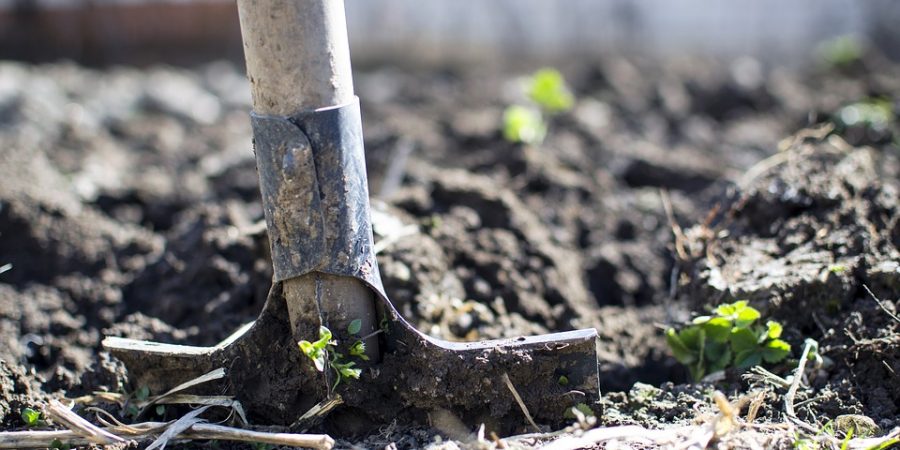Welcome to 2021! We were all hopeful that things would get better, but the pandemic seems to be getting worse. Well, we’re still hopeful and we can’t sit wallowing in self-pity. All we can do is take all the necessary precautions to protect ourselves and those close to us from Covid-19. If you haven’t already, you could start by kicking off the vegetable garden in your backyard that you’ve postponed all these years. Whether you have a small space or a big backyard, having a veggie garden can save you from unnecessary trips to the supermarket.
Why you need to start a veggie garden
Healthy veggies
If you’re planning on eating healthy, this is the way to go. Freshly picked vegetables have a higher vitamin and mineral content. Furthermore, when you grow your own veggies, you have control of the amount of pesticides and synthetic chemicals you use to control pests.
Save money
Another advantage of growing your own vegetables is the saving on your monthly food budget. If you don’t have time to go to the market, the price in supermarkets can make you skip veggies altogether.
A great type of exercise and stress reliever
Tending your backyard for 30 minutes daily is also a good source of physical activity which can help you burn calories and eventually lose weight and live a less sedentary lifestyle. Gardening is a hobby to many and a stress reliever that leaves them feeling rejuvenated and happy overall.
You might also like: Tips on growing tomatoes in your backyard
How to get started
As a new gardener, you need to grow what you love to eat first before you start experimenting. So, decide on the vegetables you frequently buy- rape, onions, tomatoes, spinach… Then, once you’ve decided on what you’ll grow, look at where you’ll garden from. Most crops grow better in full sunshine, where they receive at least six to eight hours of direct sunshine a day. However, you can grow some crops like spinach and cabbage in part shade. Lastly, think about how much you and your household will eat and how likely you are to freeze, dry or give away excess produce.
Start small
If this is your first time, start small. The excitement of being successful with a small gardening project is better than the frustration that comes due to the time and commitment a big gardening project requires. Also, it makes sense to learn the basics on a small space before investing a lot of time and money in your future desired farming goals. You’ll get the idea of how much time farming takes. Furthermore, you’ll discover that you like spending time outside tending to your veggies.
You will be amazed at how much you can grow in a small space using the latest techniques. You can plant in bags on the ground if your yard is covered in concrete or even hang on walls using vertical bags. You can also plant in raised beds or moulds. All that you need is a little creativity and watch your garden blossom.
Commit to at least 30 minutes a day
It is normal to feel overwhelmed by the things that you need to get done when starting out. However, you don’t have to do it all at once. Once you see the labour of your hands, you won’t remember how much work you put in. Give yourself 30 minutes a day to nurture your garden. During this time, you can air and water your crops. Weeds compete with your plants for nutrients and moisture. Therefore, act fast so that so they don’t have a chance to produce seeds and spread. Also, some vegetables such as green beans and tomatoes have to be picked regularly to keep the harvests coming.
Learn companion planting which helps to deter pests naturally. An example is planting basil next to tomatoes to deter flies and mosquitoes and planting chives next to any vegetable to deter aphids.
Remember to come and share pictures of your beautiful garden. Who knows, it might just turn into a business.

I’m asking for any help because I have started a gardening